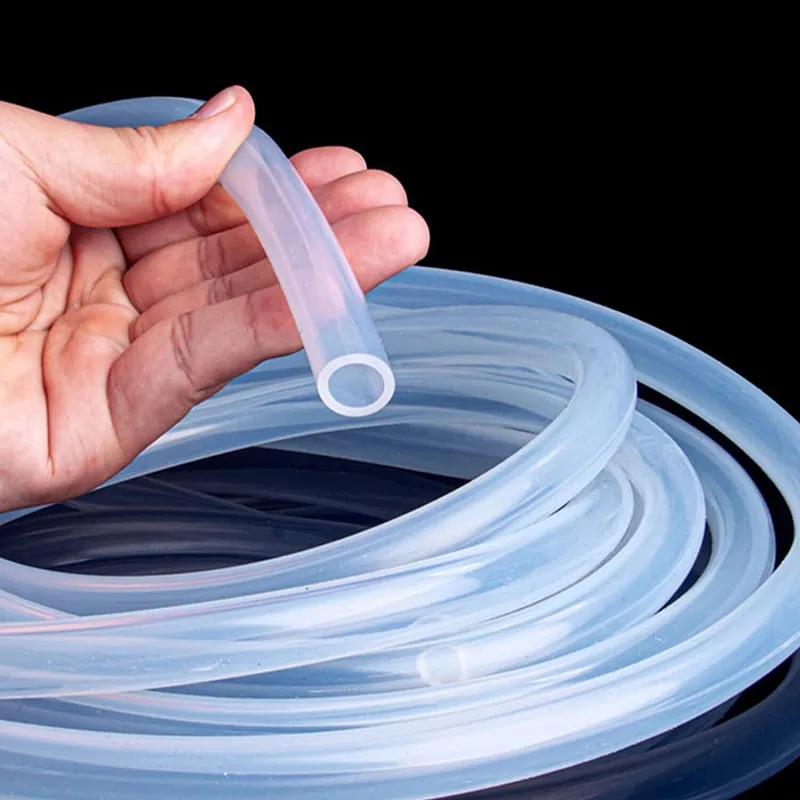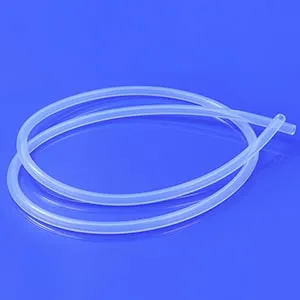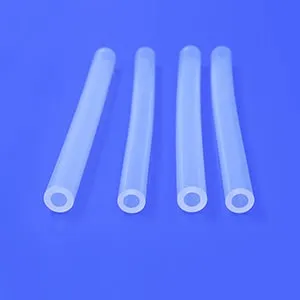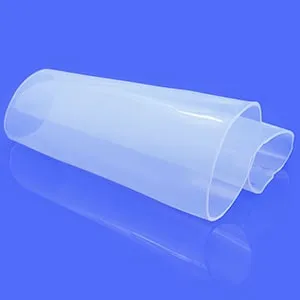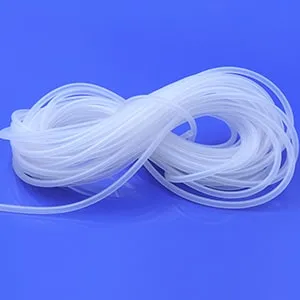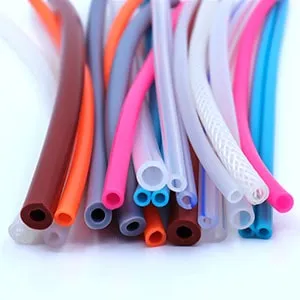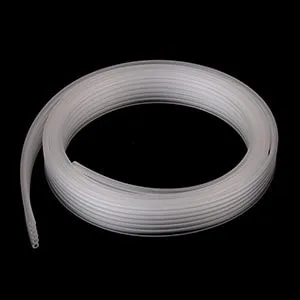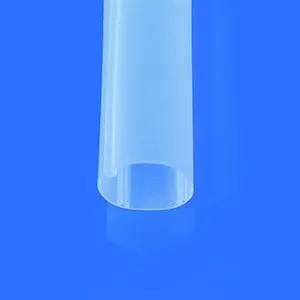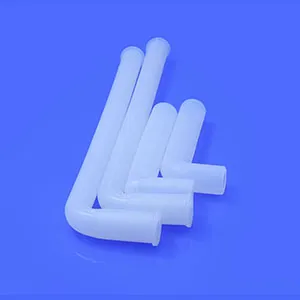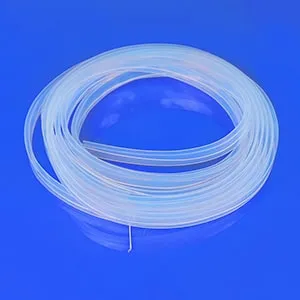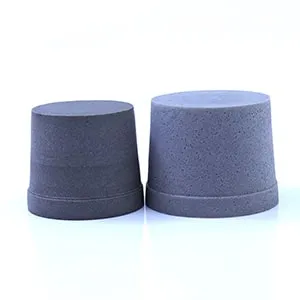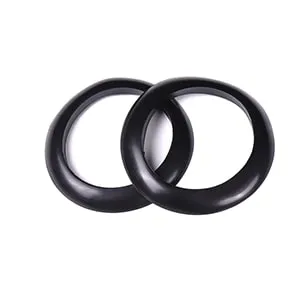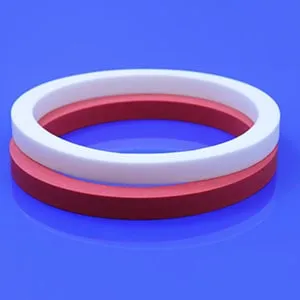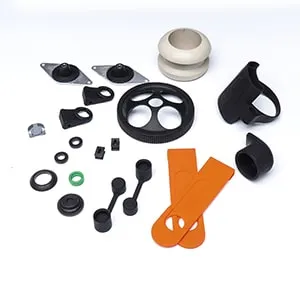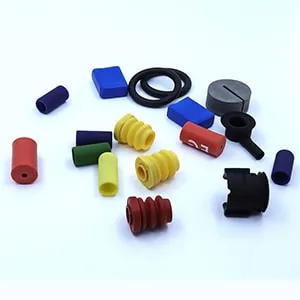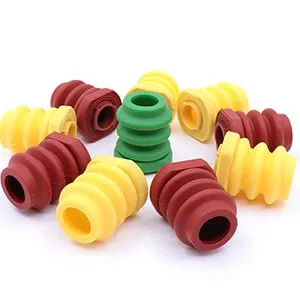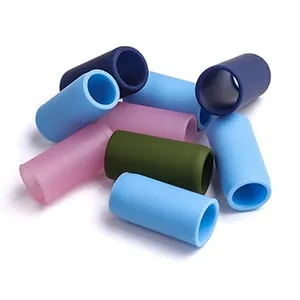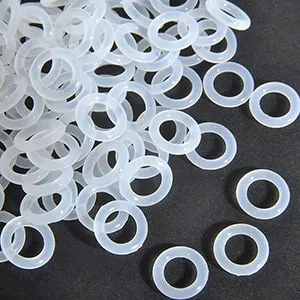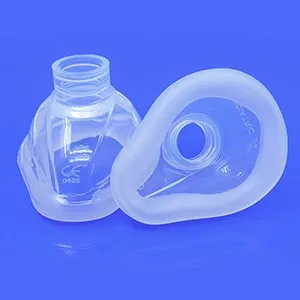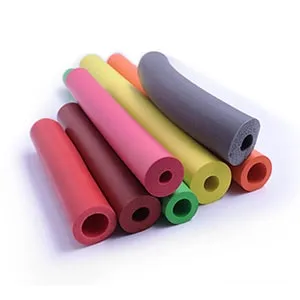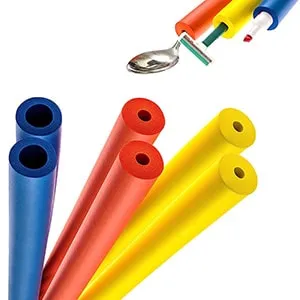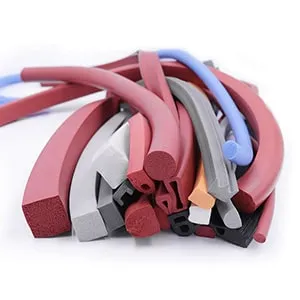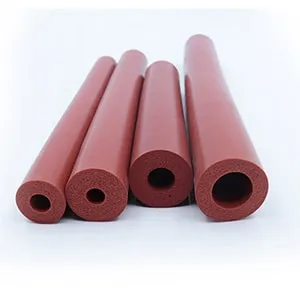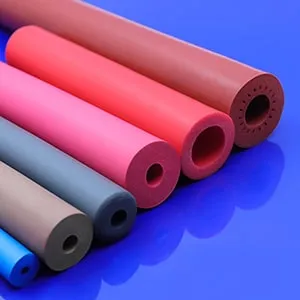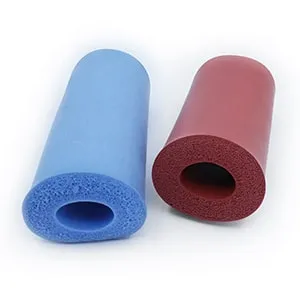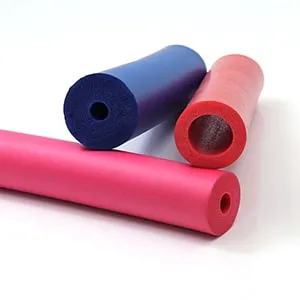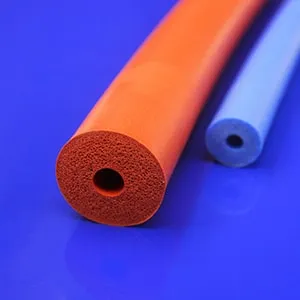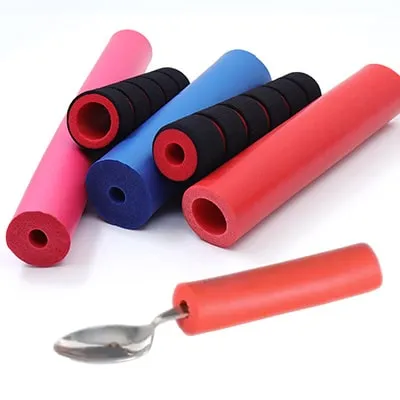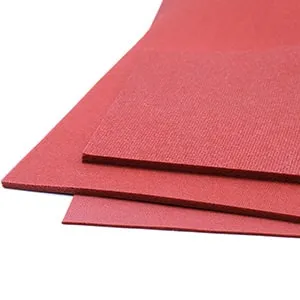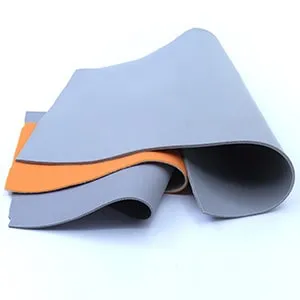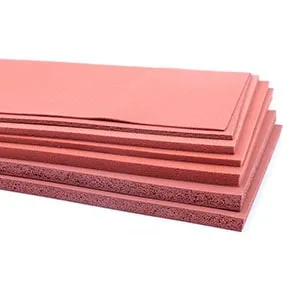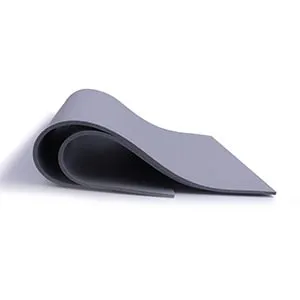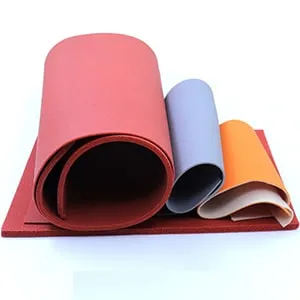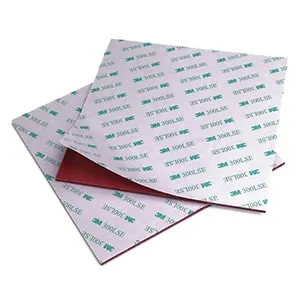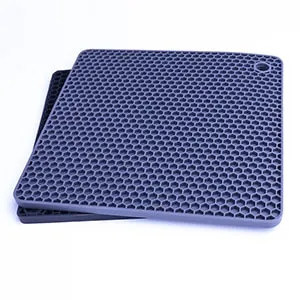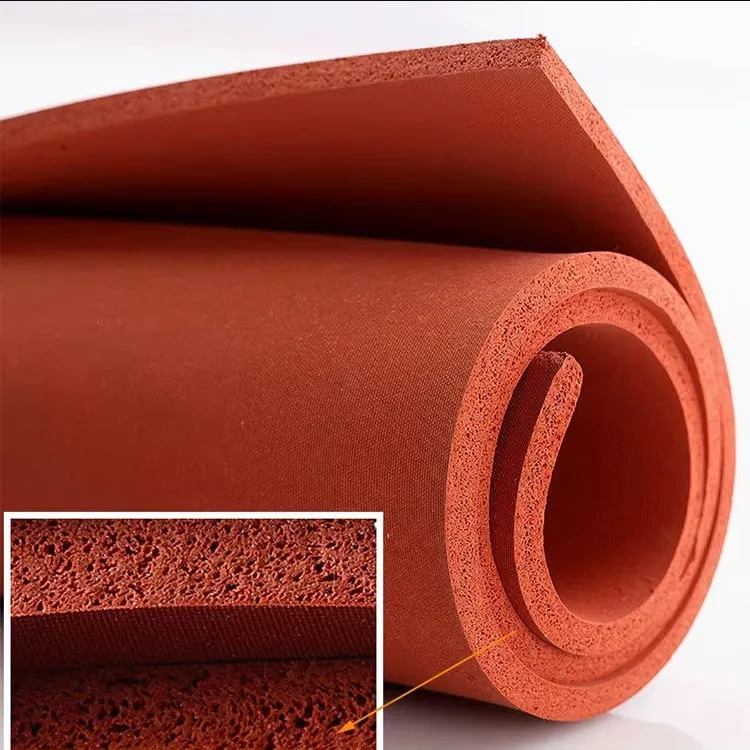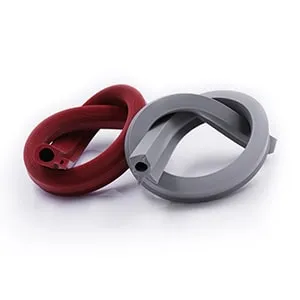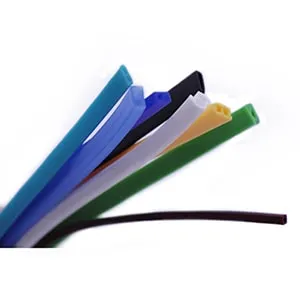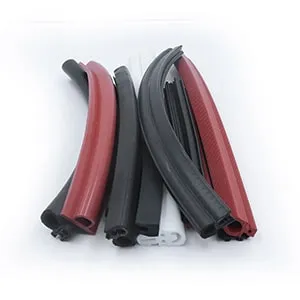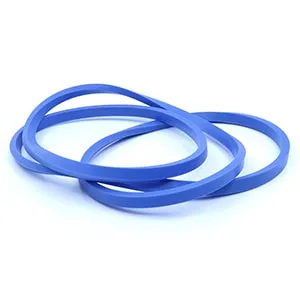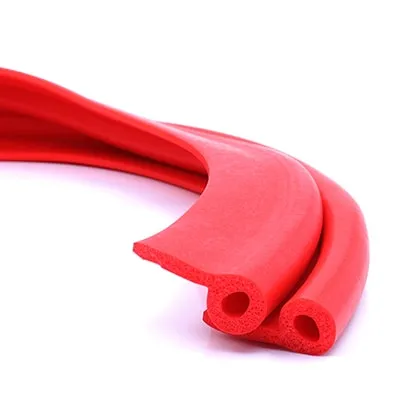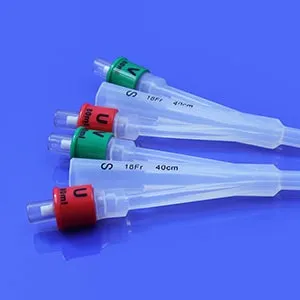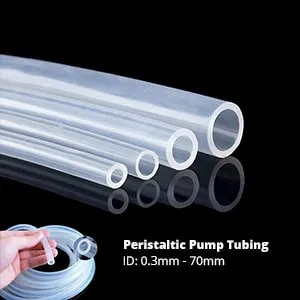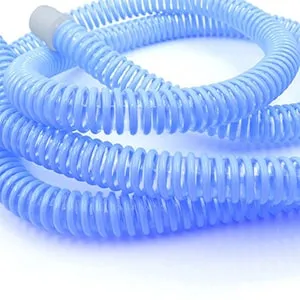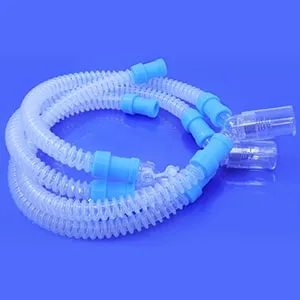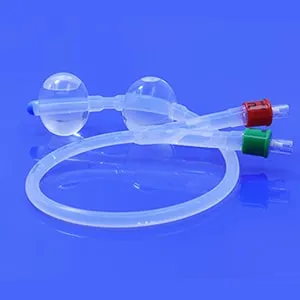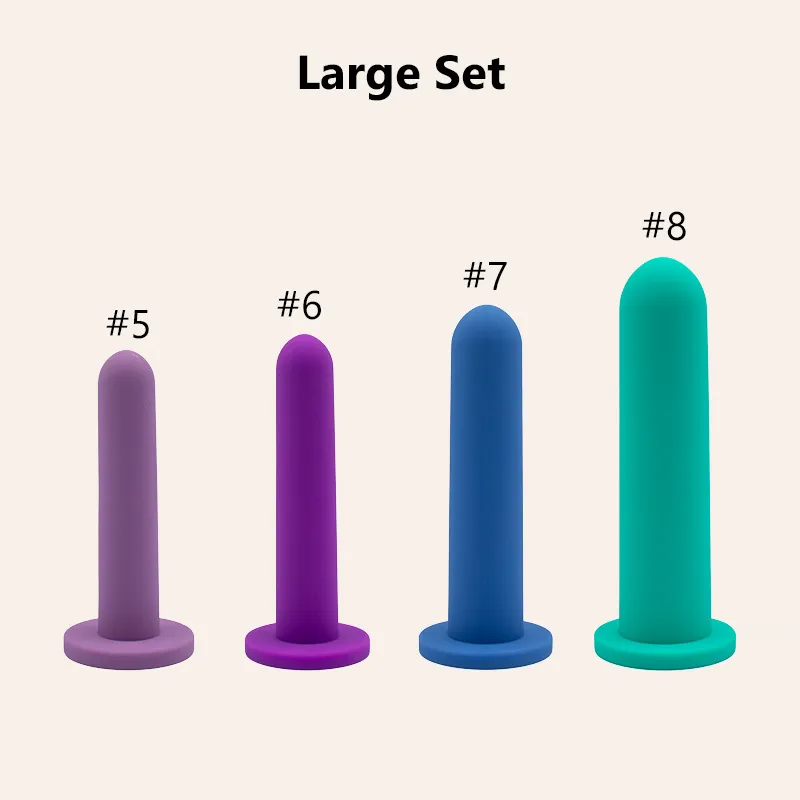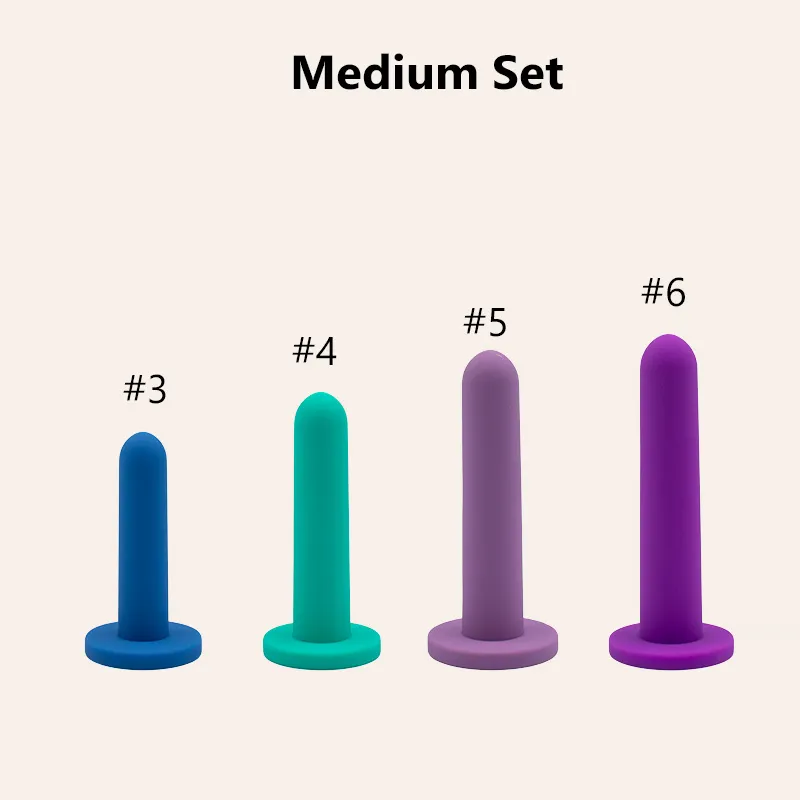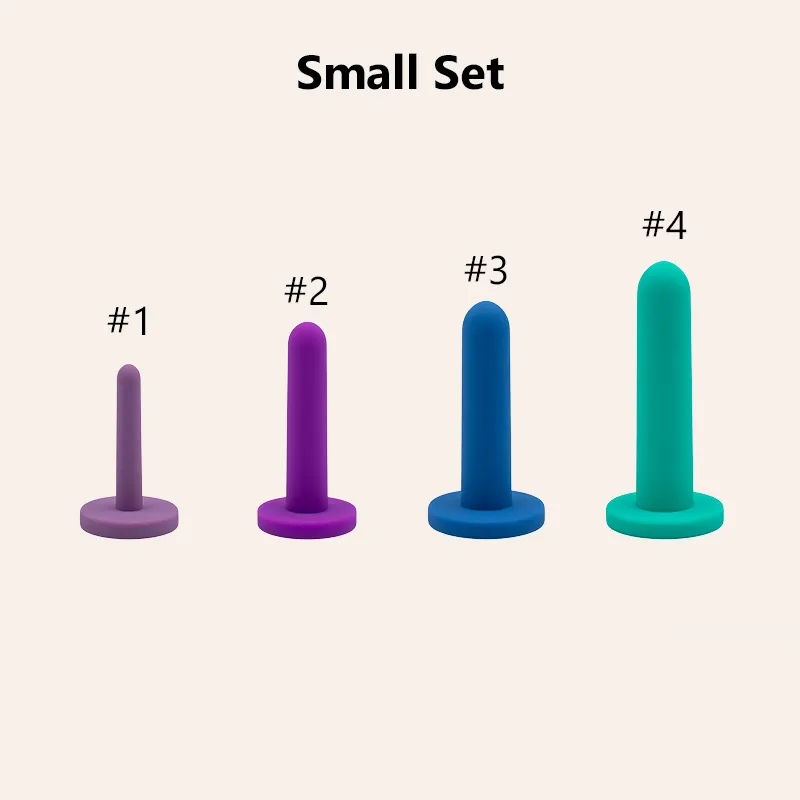About Silicone Balloons & Silicone Medical Balloons
Silicone balloons for medical devices are playing a crucial role in modern healthcare. Urology and gastrointestinal applications are the most common devices that utilize silicone balloons. Silicone balloons are known for their high compliance, softness and transparency. The importance of silicone medical balloons lies in their ability to facilitate minimally invasive surgeries, enhancing patient outcomes. Their versatility allows usage in fields such as angioplasty, urology, and gastroenterology.
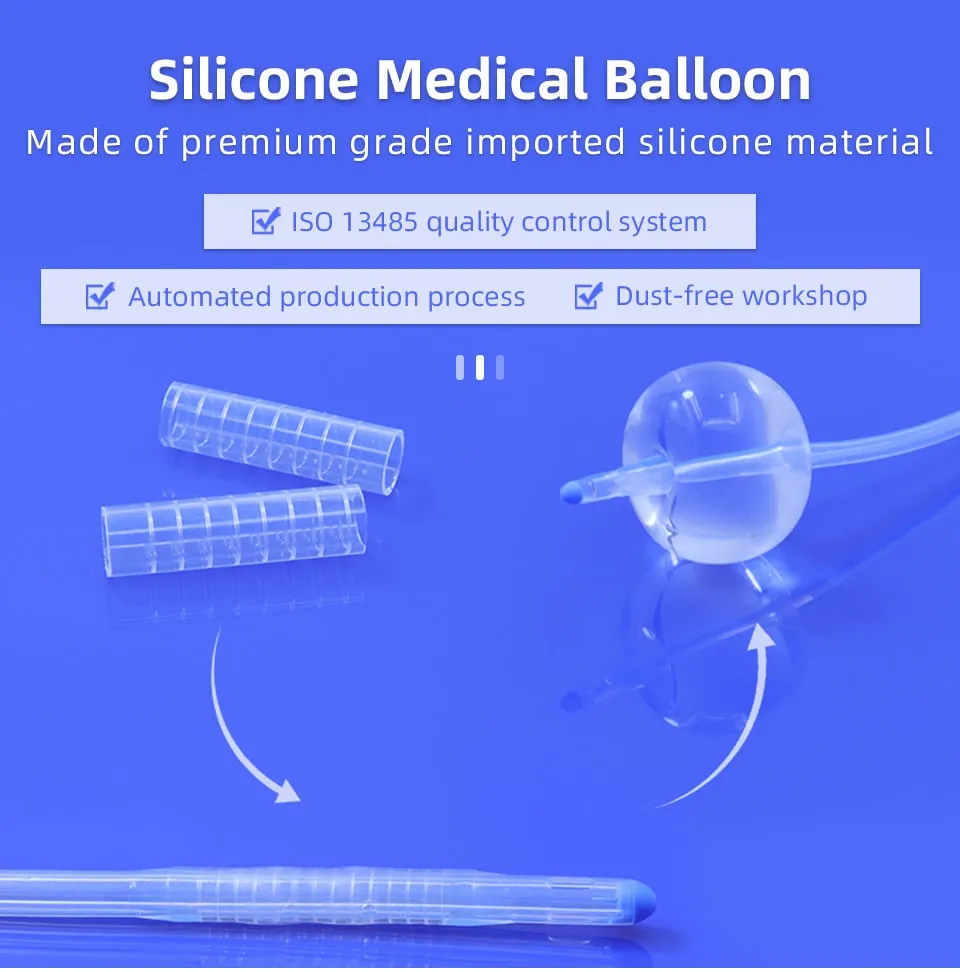
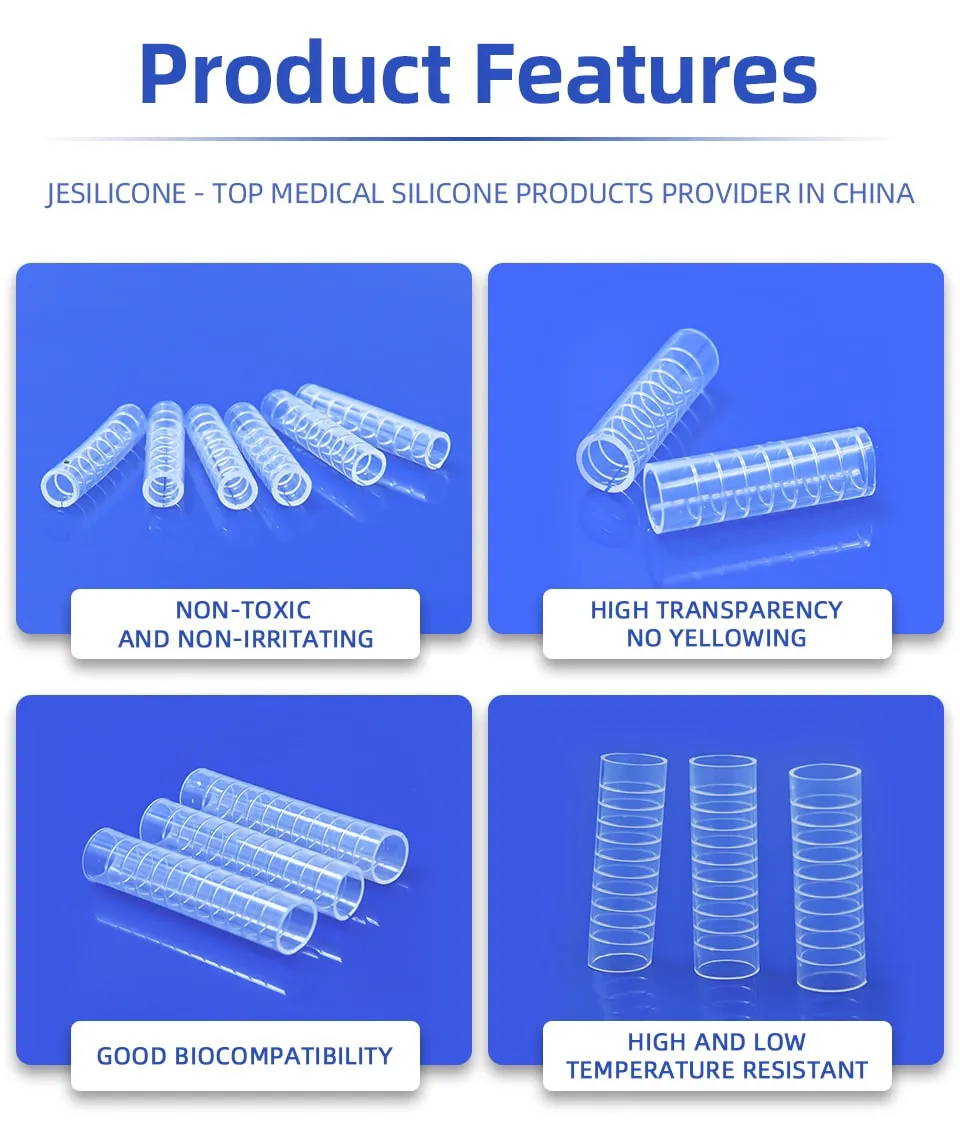
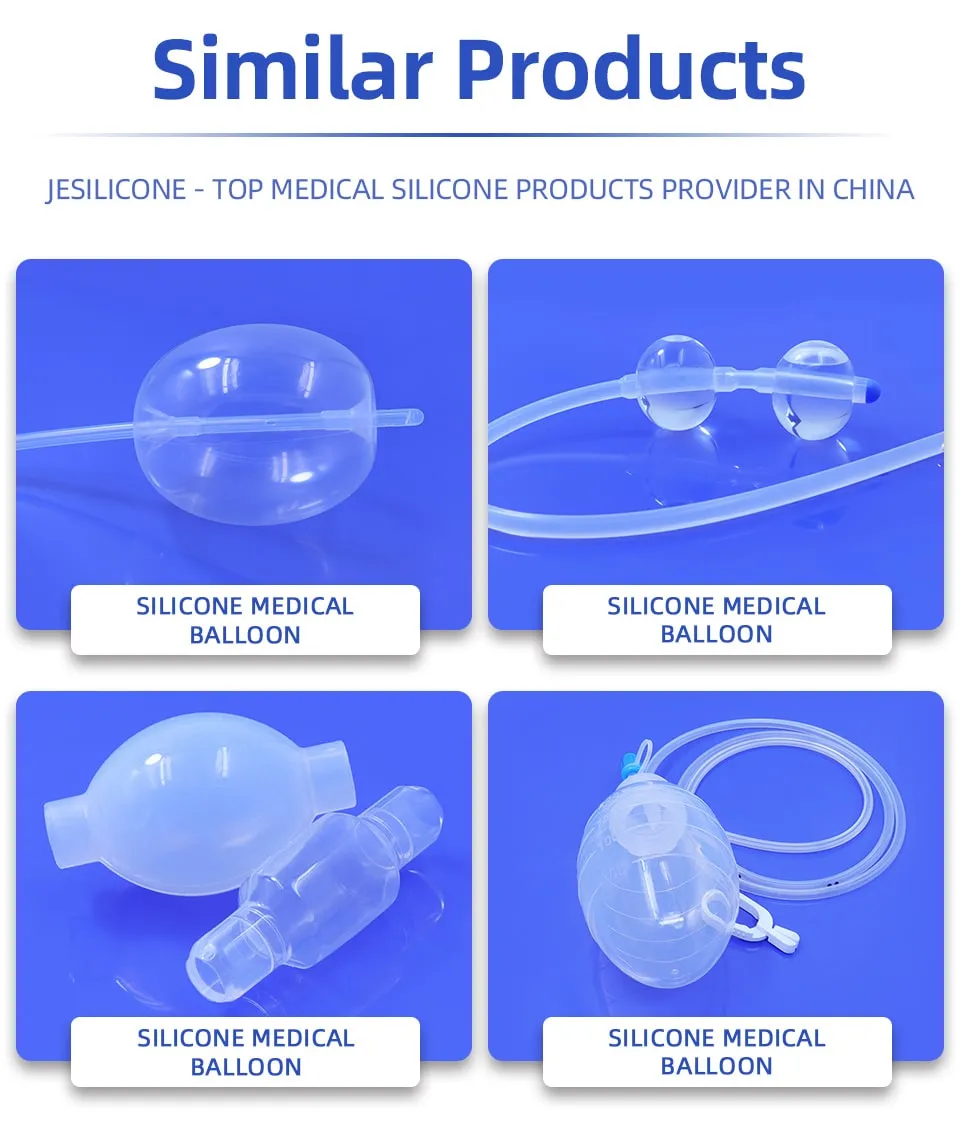
Why Silicone is Suitable for Medical Balloon Applications
Biocompatibility
Silicone medical balloons exhibit exceptional biocompatibility, making them ideal for use in medical applications. The material's bio-inert nature ensures that it does not react adversely with human tissues. Medical professionals use silicone rubber in various clinical implants due to its safety and compatibility. Devices such as catheters and cushioning pads often incorporate liquid silicone rubber (LSR) because of its reliable performance in both internal and external applications. Safety testing and risk assessment are crucial steps in verifying the suitability of silicone for medical-grade parts.
Flexibility and Durability
Silicone medical balloons offer remarkable flexibility and durability, which are essential properties in medical devices. The elasticity of silicone allows these balloons to expand and contract without losing their structural integrity. This flexibility ensures that silicone medical balloons can adapt to different anatomical structures during procedures. Durability is another significant advantage, as silicone withstands repeated use without degradation. These qualities make silicone medical balloons a preferred choice in various medical fields.
Resistance to Chemicals
Silicone medical balloons demonstrate excellent resistance to chemicals, which enhances their functionality in medical environments. The inert nature of silicone ensures that it remains stable when exposed to various substances commonly encountered in medical procedures. This chemical resistance prevents any potential reactions that could compromise the safety or effectiveness of the device. As a result, silicone medical balloons maintain their integrity and performance even in challenging conditions.
Temperature Stability
Temperature stability is a key advantage of silicone medical balloons. Silicone maintains its properties across a wide range of temperatures, ensuring consistent performance in different medical scenarios. Whether used in high-temperature sterilization processes or low-temperature storage, silicone medical balloons remain unaffected. This stability guarantees that the balloons function reliably, providing confidence to medical professionals during critical procedures.
Types of Medical Silicone Balloons
Silicone medical balloons come in various types, each designed for specific medical applications. The two primary categories include compliant and non-compliant balloons. Each type offers unique characteristics that cater to different medical needs.
Compliant Balloons
Compliant silicone medical balloons are known for their ability to expand uniformly when inflated. This characteristic makes them ideal for applications requiring gentle pressure distribution. Compliant balloons are often used in procedures where precise control over inflation is necessary. These balloons adapt to the shape of the surrounding anatomy, minimizing the risk of tissue damage.
Compliant silicone medical balloons find applications in several medical devices. In gastroenterology, these balloons assist in procedures like esophageal dilation. Urological procedures also utilize compliant balloons for tasks such as bladder control. The flexibility and adaptability of these balloons make them suitable for a wide range of medical interventions.
Non-Compliant Balloons
Non-compliant silicone medical balloons maintain their shape and size even under high pressure. This rigidity allows for precise application of force in targeted areas. Non-compliant balloons are essential in procedures that require consistent pressure without expansion. These balloons provide stability and control in various medical settings.
Non-compliant silicone medical balloons are commonly used in interventional cardiology. They play a crucial role in balloon angioplasty and stenting procedures. Orthopedic procedures, such as vertebroplasty and kyphoplasty, also benefit from the use of non-compliant balloons. The durability and performance of these balloons under pressure make them indispensable in many medical fields.
Medical Applications of Using Silicone Balloons
Silicone Balloons in Angioplasty
Medical professionals use silicone balloons to open narrowed or blocked blood vessels. The flexibility of silicone allows the balloon to navigate through the vascular system with ease. This adaptability ensures precise placement at the site of the blockage. The balloon inflates to compress the plaque against the vessel wall, restoring normal blood flow. The use of silicone balloons in angioplasty has become a standard practice due to their reliability and effectiveness.
Silicone Balloons in Urology
Silicone balloons find extensive use in urological devices. Medical devices such as Foley catheters incorporate silicone balloons for bladder control. The balloons ensure secure placement within the bladder, preventing accidental removal. The biocompatibility of silicone reduces the risk of irritation or infection. Silicone balloons also feature in devices designed for urinary retention management. These applications highlight the versatility of silicone in addressing various urological needs.
Silicone Balloons in Gastroenterology Procedures
Medical professionals use silicone balloons in esophageal dilation to treat strictures. The compliant nature of silicone allows for gentle expansion of the esophagus. This minimizes the risk of tissue damage during the procedure. Silicone balloons also assist in endoscopic procedures by providing stability and control. The versatility of silicone makes it an ideal choice for various gastroenterological interventions.
